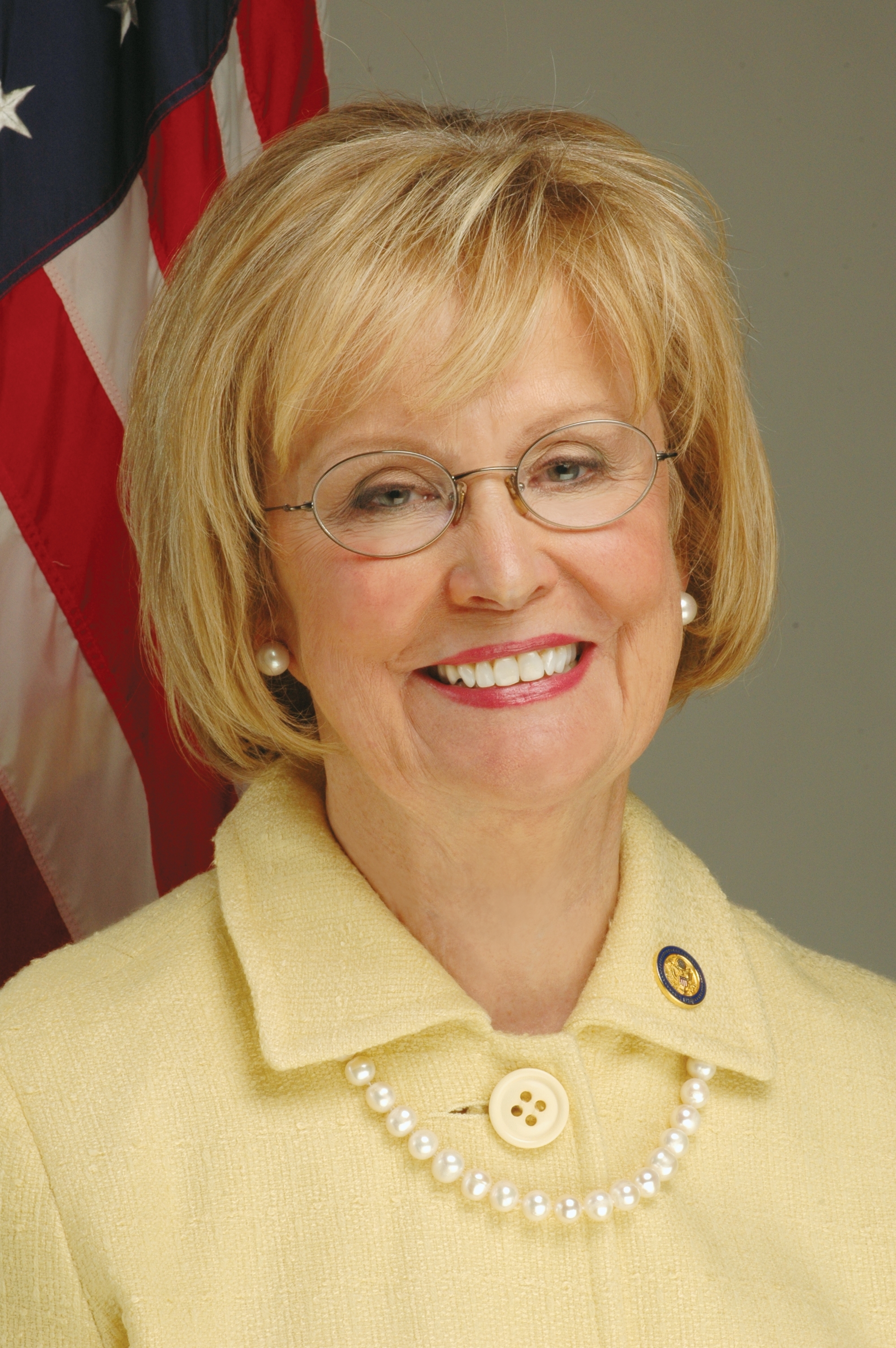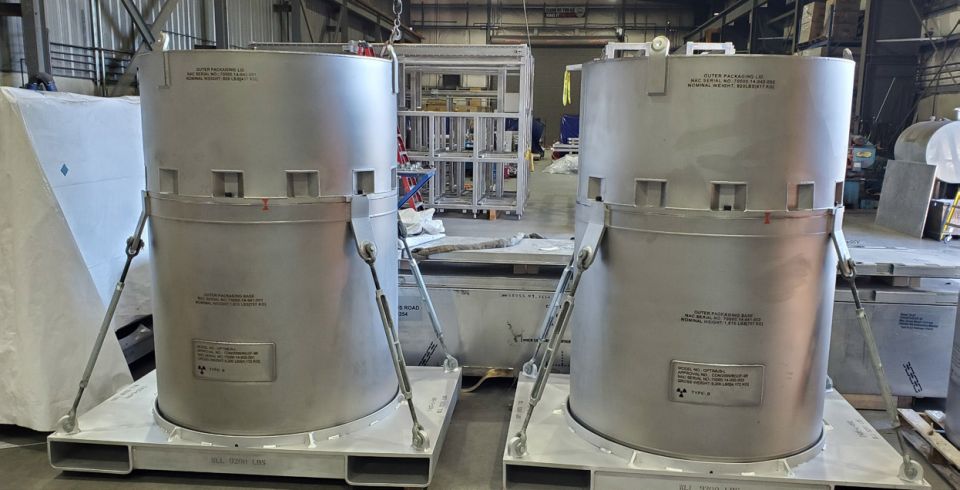To meet this rapidly rising demand for power, everyone recognizes that we must expand our domestic electricity production and create affordable, reliable electricity. Nuclear power is the only way to do this.
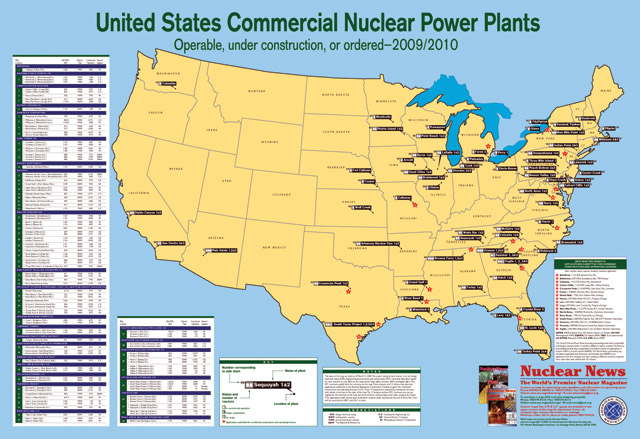 Yet, Washington is at a standstill. Advocates and opponents of cap-and-trade continue a bitter battle over the best way to curb greenhouse gas emissions without plunging America's economy into a vicious tailspin. This battle has resulted in a standstill on other energy priorities, including progress on the most reliable, plentiful source of carbon-free energy-nuclear power. No matter how you dice it, the upcoming election promises to be a game changer. Americans are frustrated with Washington and they want a new direction. The make-up of the House and Senate will shift, and leaders in Washington will have no choice but to adapt and respond to the new voices that arrive in Congress. Those voices-whether inspired by calls for energy independence or environmental stewardship-are increasingly pro-nuclear. And with cap-and-trade opponents positioned for gains in November, the proposal may be D.O.A. in the new Congress.
Yet, Washington is at a standstill. Advocates and opponents of cap-and-trade continue a bitter battle over the best way to curb greenhouse gas emissions without plunging America's economy into a vicious tailspin. This battle has resulted in a standstill on other energy priorities, including progress on the most reliable, plentiful source of carbon-free energy-nuclear power. No matter how you dice it, the upcoming election promises to be a game changer. Americans are frustrated with Washington and they want a new direction. The make-up of the House and Senate will shift, and leaders in Washington will have no choice but to adapt and respond to the new voices that arrive in Congress. Those voices-whether inspired by calls for energy independence or environmental stewardship-are increasingly pro-nuclear. And with cap-and-trade opponents positioned for gains in November, the proposal may be D.O.A. in the new Congress.
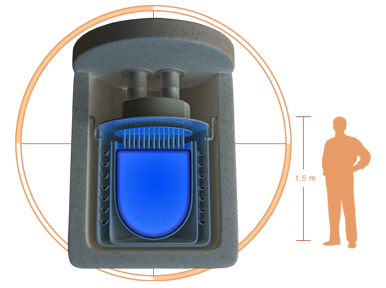
Hyperion nuclear power module
The resulting vacuum in the energy debate should be seen as an opportunity for advocates of nuclear energy. Nuclear power offers something Americans desperately want-concrete progress on a bipartisan priority. Instead of deadlock, the new Congress should set aside old debates with petrified battle lines, and push forward on bipartisan legislation like H.R. 5164, a bill I cosponsored with Rep. Jason Altmire (D., Pa.-04) that would support the deployment of small modular nuclear reactors. A complement to existing large-scale reactors, small modular reactors require less time to construct and are based on current reactor designs, thereby reducing the burdensome licensing process. This is an ideal solution for growing communities and cash-strapped utilities that need extra generation capacity at a fraction of the cost.
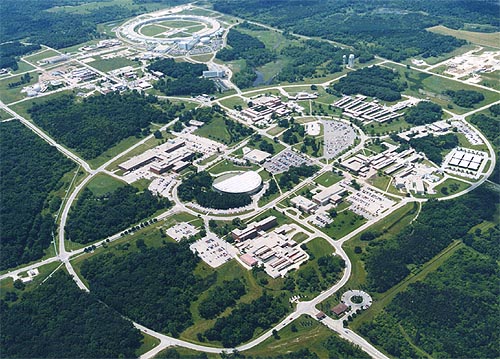
Argonne National Laboratory
This is just one idea. We should work with renewed vigor on advancing research to close the nuclear fuel cycle and recycle spent nuclear fuel. In my home district in Illinois, scientists and engineers at Argonne National Laboratory lead the nation in research and development for nuclear fuel recycling. Recycling is not just important for the reduction of waste created, but also for the conservation of worldwide uranium resources. And reducing the volume and toxicity of waste is a priority that appeals to all sides of the debate.
Regardless of which party controls the House and Senate after November 2nd, the dynamics of Washington's energy debate will change. The stage has been set for a nuclear renaissance that can lead America to greater energy independence while reducing greenhouse gas emissions and our reliance on foreign oil. But Congress needs to hear the vocal support and encouragement of America's scientists, engineers, and energy experts. So make sure those freshmen Congressmen and Senators arrive in Washington ready to take advantage of an atomic opportunity-not contribute to a stalemate that has lasted far too long.
 Over the next 25 years, the demand for electricity in the United States is expected to rise by 30 percent. This is a trend that will almost certainly accelerate as we move increasingly toward an electricity-based transportation infrastructure and plug-in hybrids and we replace fossil fuels. In fact, as the lead Republican sponsor of the Electric Drive Vehicle Deployment Act of 2010, I'm pushing for exactly that. This bipartisan bill will invest in the development, installation, and deployment of advanced electric vehicle infrastructure, and help put more electric vehicles on the roads.
Over the next 25 years, the demand for electricity in the United States is expected to rise by 30 percent. This is a trend that will almost certainly accelerate as we move increasingly toward an electricity-based transportation infrastructure and plug-in hybrids and we replace fossil fuels. In fact, as the lead Republican sponsor of the Electric Drive Vehicle Deployment Act of 2010, I'm pushing for exactly that. This bipartisan bill will invest in the development, installation, and deployment of advanced electric vehicle infrastructure, and help put more electric vehicles on the roads.

 Yet, Washington is at a standstill. Advocates and opponents of cap-and-trade continue a bitter battle over the best way to curb greenhouse gas emissions without plunging America's economy into a vicious tailspin. This battle has resulted in a standstill on other energy priorities, including progress on the most reliable, plentiful source of carbon-free energy-nuclear power. No matter how you dice it, the upcoming election promises to be a game changer. Americans are frustrated with Washington and they want a new direction. The make-up of the House and Senate will shift, and leaders in Washington will have no choice but to adapt and respond to the new voices that arrive in Congress. Those voices-whether inspired by calls for energy independence or environmental stewardship-are increasingly pro-nuclear. And with cap-and-trade opponents positioned for gains in November, the proposal may be D.O.A. in the new Congress.
Yet, Washington is at a standstill. Advocates and opponents of cap-and-trade continue a bitter battle over the best way to curb greenhouse gas emissions without plunging America's economy into a vicious tailspin. This battle has resulted in a standstill on other energy priorities, including progress on the most reliable, plentiful source of carbon-free energy-nuclear power. No matter how you dice it, the upcoming election promises to be a game changer. Americans are frustrated with Washington and they want a new direction. The make-up of the House and Senate will shift, and leaders in Washington will have no choice but to adapt and respond to the new voices that arrive in Congress. Those voices-whether inspired by calls for energy independence or environmental stewardship-are increasingly pro-nuclear. And with cap-and-trade opponents positioned for gains in November, the proposal may be D.O.A. in the new Congress.

